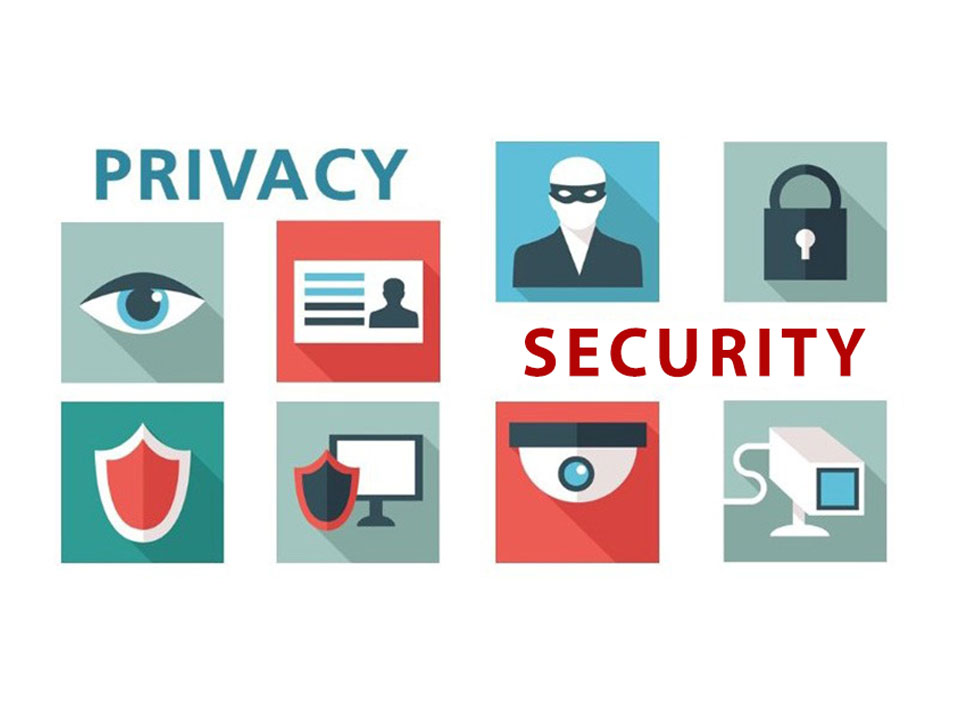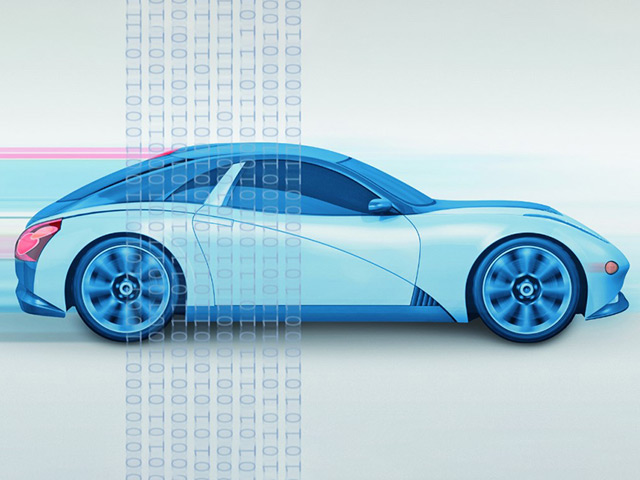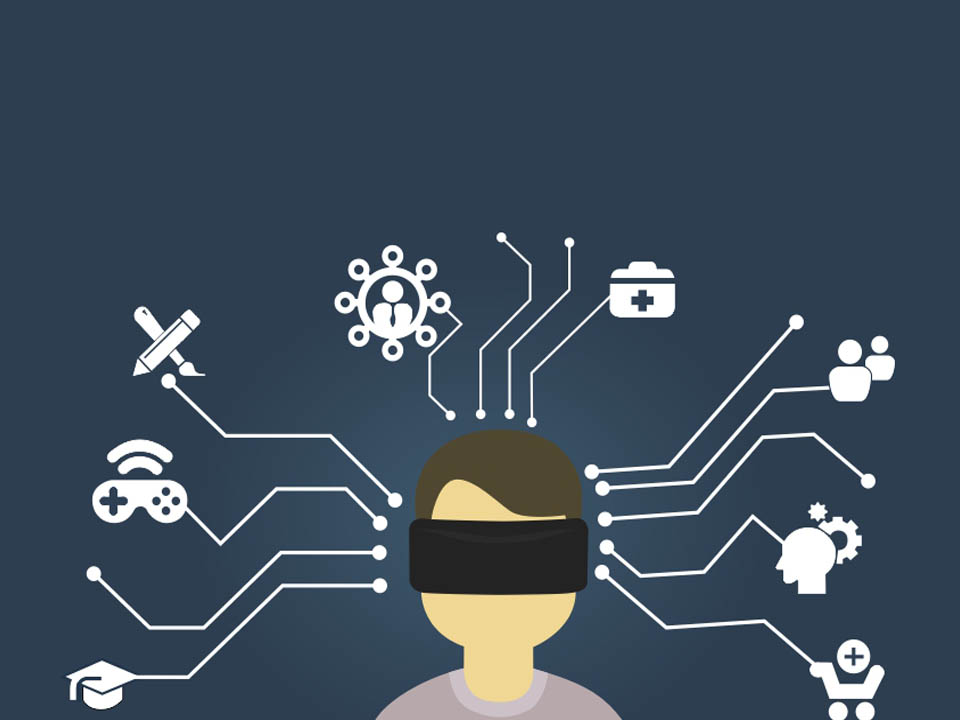
Security and privacy in digital world
These days you encounter two security and privacy phrases on various topics. At the same time, with the extensive use of digital information and online communications, the emphasis on these two concepts has risen seriously. In this situation you may ask yourself: What is security? What is privacy? What are the similarities and differences between […]
These days you encounter two security and privacy phrases on various topics. At the same time, with the extensive use of digital information and online communications, the emphasis on these two concepts has risen seriously. In this situation you may ask yourself: What is security? What is privacy? What are the similarities and differences between security and privacy? This article answers many of these questions.
The more information we store on our desktop and mobile systems, the more important it is to protect them. On the other hand, the more personal and more difficult to rebuild the information is, our sensitivity also increases. For example, assume that you have downloaded some mp3 files on your mobile device, if you happen to lose any of these files, you can download them again, so it doesn’t concern you that much. Now imagine having just taken multiple pictures from your child’s first birthday party with your mobile phone, it’s natural that if something happens to these pictures, you can no longer rebuild them.
On the other hand, if a person takes your phone, you probably do not care if you change the music tracks on it and check the collection that you have. On the other hand, you definitely do not want a stranger to watch your private photos on your mobile phone or copy them for himself.
Though these examples seem so simple and obvious, they have the concept of security and privacy. Although the security and privacy of data are used in many cases as synonyms and alternatives, there is a clear difference between them that should be considered.
Another famous example, which in many cases is considered for defining security, privacy, and their differences, is a window. Every house has several windows that allow sunlight and fresh air in. At the same time, you can watch the environment from behind the window. On the other hand, the window limits outdoor noise and protects you against the weather conditions of outside.
But the same window can provide the possibility for the robbers to enter your home. Also, as you can watch out of the window, other people can see inside your home. Well, now if you install tight steel fences on your windows, the window security problem is fixed, but still, strangers can see your home, so you still have trouble with your privacy. On the other hand, installing a thick curtain can eliminate the issue of your privacy, but it will not help prevent the entry of thieves.
This is precisely the point where you must reach a balance between privacy and security. At the same time, note that these two concepts can sometimes be the opposite of each other. In other words, in some cases, excess focus on the implementation and maintenance of one of these criteria can reduce another. A familiar example in this regard is the security checks in the airport gates, which are carried out in some countries of the world. These actions are carried out on the excuse of providing security and preventing terrorist activities, but in many cases, it violates the privacy of passengers. Eavesdropping telephone calls with security pretexts are another example of a violation of citizens’ privacy, which has now become one of the hottest debates in many Western countries.
Note that you are controlling the privacy and security of your personal information on a smaller scale, and you must carefully monitor each of these aspects. Installing Antivirus programs, preventing installation of apps from invalid sources, and not opening any unknown messages or packets sent to you on social networking sites are actions that you can take to protect your mobile phone and data.
On the other hand, there are some things you can do to protect your privacy: don’t share excessive information about yourself. Pay close attention to the permissions for the applications during the installation (or even afterward). Fully comply with the security criteria in the social networks and the photo sharing applications. Disable notifications and messages When you don’t use your phone and use reliable methods to lock the phone and to limit access to it.
At a higher level, you always have to back up your data and try to transfer your personal information from a mobile phone or tablet to another storage device, such as a desktop computer or an external hard drive. By doing this, even if your phone is hacked or stolen, your personal information will be at much lower risk.
The last point worth to mention is that we must take into account the safety and privacy not only for our own devices and information but also for devices and information of others as a proper social behavior. Avoiding from pry in the information of other people’s phones or sharing information and images of people who do not know whether they are willing to do so, is considered as a moral standard of digital life, and the extension of these ethical standards can ultimately help to safeguard our own security and privacy.



